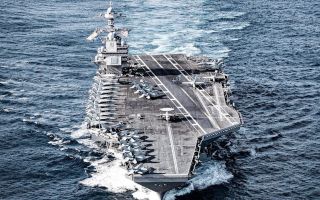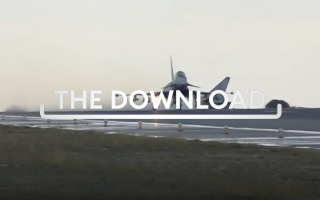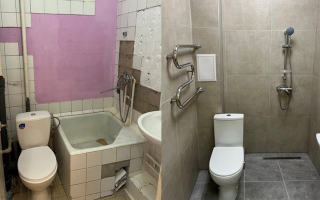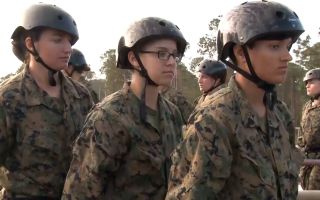NATO Defence Ministers Meeting: What's On The Agenda?
Defence ministers are meeting at NATO’s headquarters in Brussels to continue to "modernise the alliance".
NATO Secretary General Jens Stoltenberg made clear they will focus on "investing in our security" and "burden sharing".
"More allies are reaching our goal of reaching GDP of spending of 2%," Mr Stoltenberg said.
"The majority of allies have plans to reach 2% by 2024."
Mr Stoltenberg added that the alliance is looking to enhance its capabilities, both in terms of weaponry and forces on the ground.
"Allies are stepping up with more forces for NATO missions," he said.
The meetings allow ministers to discuss rising tensions and threats, as well as looking towards the future and enhancing capabilities.
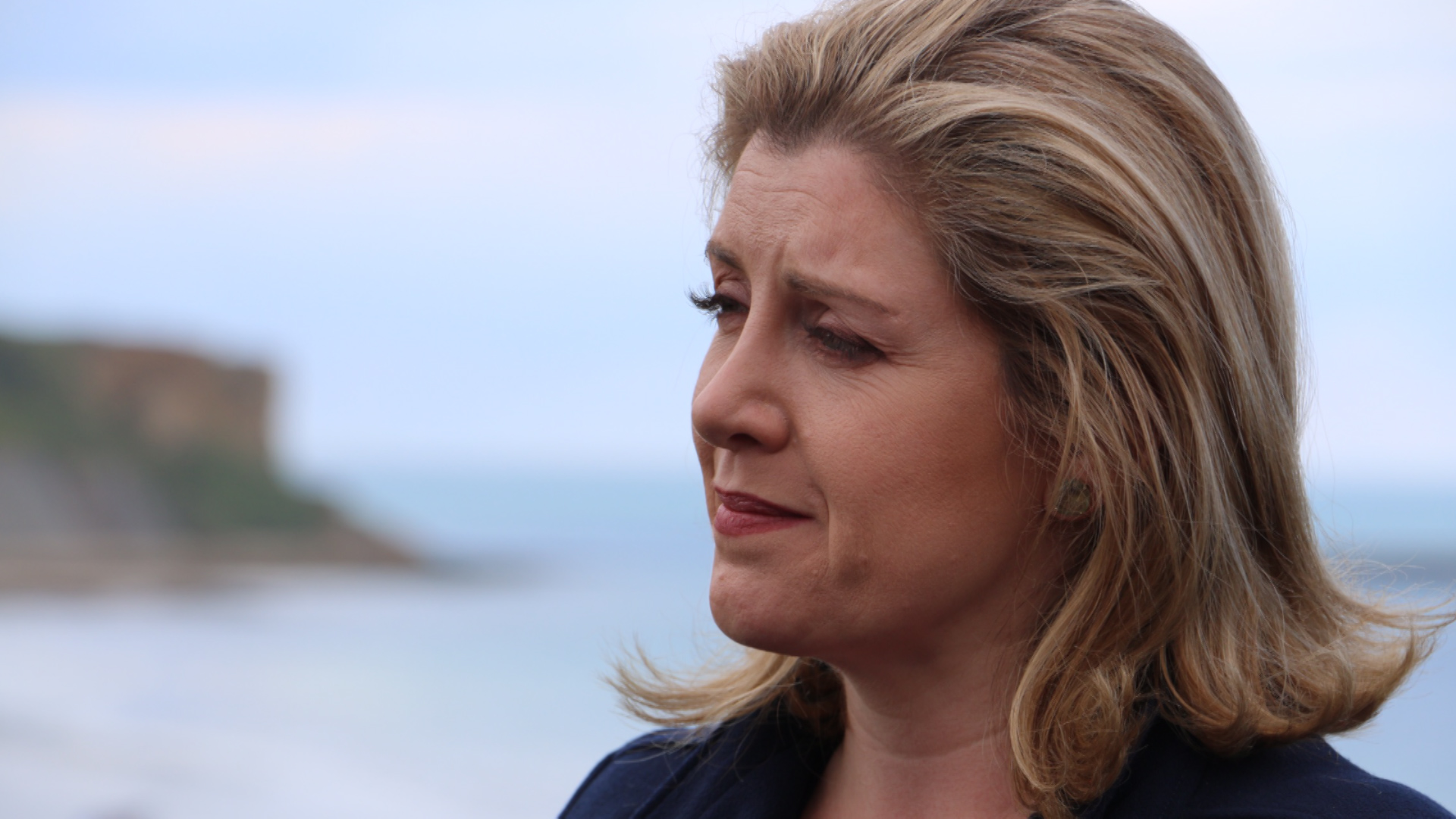
The meeting comes at an unsettling time for the UK government, as it makes further steps to choose a new leader.
Boris Johnson and Jeremy Hunt, the Foreign Secretary, are going head to head for the role of Prime Minister.
Jeremy Hunt says if he is chosen he will dedicate up to 2.5% of GDP defence spending over the next five years.
Also attending the defence ministers meetings is the acting US Defense Secretary Mark Esper, who was only appointed last week.
What is expected to be discussed?
The Intermediate-Range Nuclear Forces (INF) Treaty
It seems the main focus will be the INF Treaty, as the US has begun the process of withdrawing after blaming Russia for refusing to comply with the pact.
The US’s decision was made on 1 February 2019 and means they have six months from that date to terminate the agreement.
Russia has until 2 August to destroy it’s SSC-8 missiles - which violate the treaty. They will be meeting again next week to address the issue.
If they do not destroy the missiles, Mr Stoltenberg said NATO will react: “Tomorrow we will decide on NATO's next steps, in the event Russia does not comply.
“Our response will be defensive, measured and coordinated.”
But NATO further calls on Russia to save the treaty, with just five weeks left before the deadline.
Space technology
Ministers will approve NATO’s first-ever space policy.
Mr Stoltenberg said: “It is important that we are vigilant and resilient - also in space.”
He added that ‘space is part of our daily lives” and it can be used in both a “peaceful purposes” or as an “aggressive” assertion.
Rising tensions between the US and Iran
It is expected that one topic that could be under the spotlight is the rising tensions between the US and Iran, following attacks on American oil tankers in the Gulf.
The US President Donald Trump imposed “stronger sanctions” on Iran on Monday.
The US also launched a cyber attack on Iran after they fired a missile at an unmanned surveillance drone which they claim was flying over Iranian airspace. The US, however, says it was a Triton drone and it was flying over international airspace.
The UK’s Foreign Secretary Jeremy Hunt says the UK will help deescalate tensions to avoid an “accidental war” between the two countries.
Whilst Jens Stoltenberg did not comment on the destabilization between the countries, it is thought this topic could dominate talks.
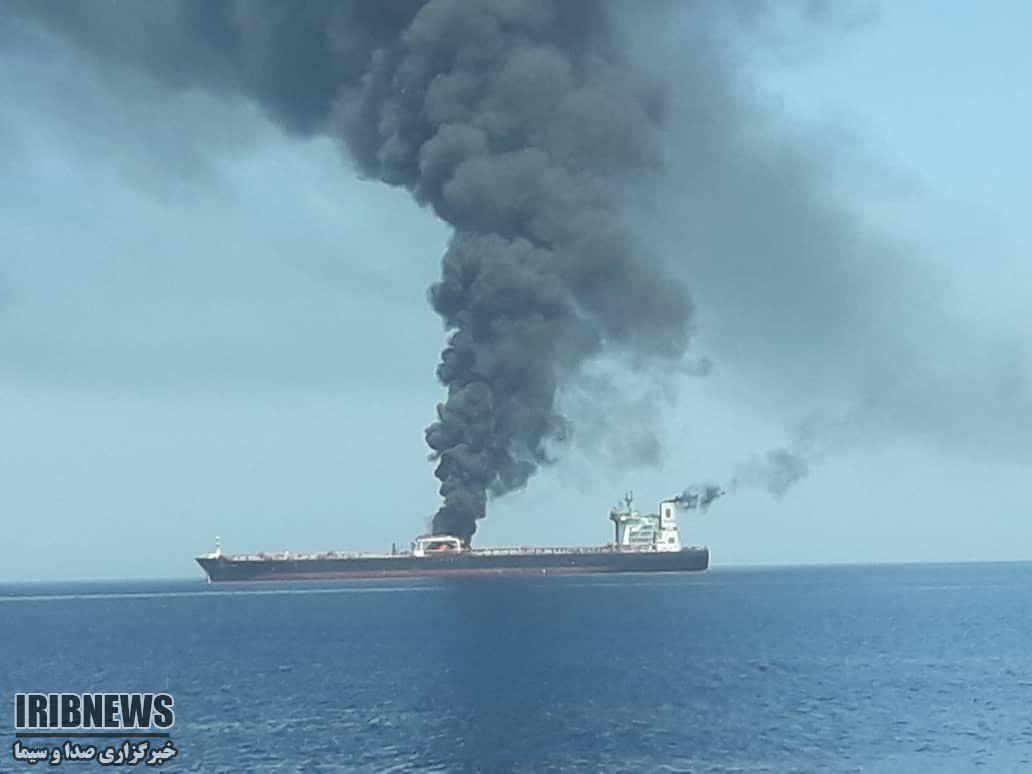
Afganistan
Afghanistan will also be a key topic on the agenda.
Commenting on the situation in the region, Mr Stoltenberg said “while it remains serious” they could see an “opportunity for peace”.
The Iraq mission: what’s next?
Ministers from NATO’s 29 allied nations will be looking at the future of military personnel in the region.
NATO provides training missions in Iraq and Syria, and is training security forces to handle terrorist organisation such as the so-called Islamic State.
Mr Stoltenberg says “we will continue our efforts together with allies and partners in the global coalition” in Iraq.
“Retaking all the territory once held by ISIS terrorists - now we must ensure that they do not come back,” he added.
Defence ministers will be arriving in Brussels on Wednesday to begin talks.



